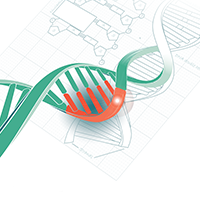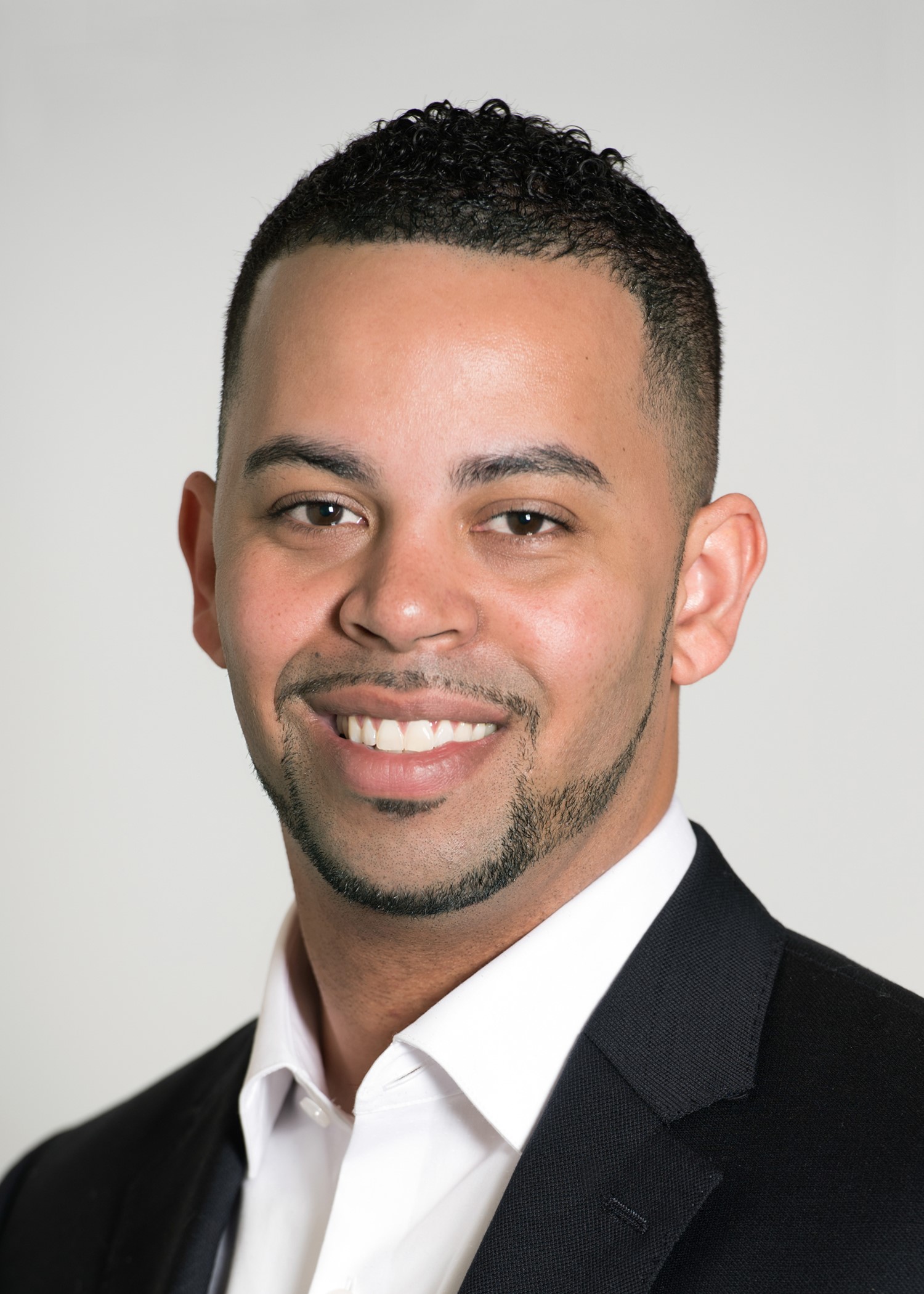Gene editing of peripheral blood T cells for cancer immunotherapy
Cell Gene Therapy Insights 2017; 3(1), 43-46.
10.18609/cgti.2017.002
Adoptive T cell immunotherapy has been successful at treating various cancers such as lymphoma, leukemia and melanoma. Can you tell us a little about T-cell immunotherapy and how this approach is used to treat cancers?
The adaptive arm of the immune system is primed to eliminate cells that are not normal. T cell immunotherapy takes advantage of this by manipulating the cytotoxic functions of T cells to enhance anti-tumor activity. In our case, we’re interested in ex vivo genetic engineering of T cells, with a novel chimeric T cell receptor, that allows the T cell to then target tumor-associated antigens. Those T cells have been expanded ex vivo in large numbers, and then re-infused into the same patient for treatment.
The results have been astounding. The patients who have relapsed or are refractory to current lines of therapy have had response rates from 80 to 90% complete remission and that is pretty amazing.
In addition to treating the untreatable, T cell immunotherapy is less toxic to normal tissue because the cells are autologous. Secondary malignancies often result from chemo- and radio-therapies and we don’t expect that with T cell immunotherapy.
What are the main obstacles for successful T cell immunotherapy for cancers, and how do you think gene editing can help improve this?
T cell immunotherapies have been very successful in hematopoietic malignancies but we’ve had less success in solid tumors. One of the major obstacles that remain is our inability to identify the most appropriate targets for solid tumors. This is because our list of tumor-associated antigens are only associated and are not specific. They are targets that may be overexpressed in cancers, but are found in normal tissues as well. And we’ve seen multiple instances of toxicity related to T-cell immunotherapy against solid tumors because the T cells can recognise a small number of molecules, and exert a toxicity that we don’t see with antibody dependent cell-mediated cytotoxicity. So, antigen specificity is one limitation. Other obstacles are T cells being able to traffic to and penetrate into tumors and then withstand an immunosuppressive microenvironment.
Gene editing can help in reducing toxicities associated with reinvigoration, or ex vivo expansion of self-reactive T-cell receptors and T cells. Gene editing can help increase resistance to immunosuppression by disrupting our immune checkpoints, what we call cutting the brakes and pushing the pedal.
There is also the potential to make modifications through gene editing to target integration to particular loci that we know are important, which would increase efficacy. And then there’s also the potential that genetic screens using gene editing could identify loci that either enhance or inhibit T-cell function.
Endogenous T cell receptors are one of the major factors that reduces the therapeutic potential of CAR T cell therapy. Can you tell us some of the gene editing strategies currently being tested in CAR T cells to tackle this problem?
This was actually clinically tested by a company called Cellectis, where they used TALENs to disrupt the endogenous T cell receptor and this allows allogeneic transfer of engineered T cells from one donor to another. It improves our ability to deliver potentially greater quantities and better qualities of T cells to larger number of patients.
A major obstacle when trying to develop a T cell product from patients that are heavily pre-treated with chemotherapies is that some patients don’t have a sufficient expansion of their T cells ex vivo. So we aren’t able to develop large numbers of T cells.
One approach to overcome that is to use a healthy donor, develop T cells from them, and then transfer those T cells into cancer patients. But to do that, we must ablate the T cell receptor to prevent graft-versus-host disease. One strategy to achieve this is to edit that T cell receptor gene using TALENs, and that’s been tested clinically in a few patients in the UK.
We are using the new CRISPR/cas9 technology to do a very similar approach, where we are evaluating loss of the T cell receptor in addition to other gene editing strategies in an autologous system. This allows us to test new T cell receptors or CARs in the absence of the endogenous TCR. Thus, we can study specifically the effects of our new gene engineering approach without the background of the natural T cell receptor.
Do you think gene editing could help broaden immunotherapy for diverse cancer types?
Yes, absolutely. One of the limitations of driving engineered T cells into solid tumors is immunosuppression. We’ve definitely seen through the last couple of years of cancer treatment with checkpoint inhibitors (Nivolumab, Pembrolizumab and Ipilimumab) that tumor reactive T cells can overcome immunosuppression and exert anti-tumor efficacy by blocking checkpoint molecules.
There are also toxicities that we have observed with checkpoint inhibition, related to reinvigoration of self-reactive T cells causing autoimmunity. Gene editing gives us the potential to overcome immunosuppression without the associated toxicities.
A recent study has generated universal CAR T cells using multiplex CRISPR/cas9 gene editing technology. What are the features that will make these CAR T cells potent effector cells against cancer?
In that article published in Clinical Cancer Research, our group showed that in a model of CAR T cells against leukemia with a very small amount of T cells, that the leukemia relapsed. And this relapse wasn’t controlled by universal T cells either, generated by simply knocking out the T cell receptor using CRISPR/cas9. However, when you combine that with a disruption of the immune checkpoint PD1, no tumors relapsed in those mice. Thus, the CAR T cell product was more efficient at eliminating the tumor and maintaining a durable response.
So, I think this has the ability to improve our efficacy in tumors and decrease self-reactivity. Our plan is to have a clinical trial this year with transgenic T cell receptors in autologous T cells that have no endogenous T cell receptor or PD1. We think that by losing PD1, in contrast to blocking PD1 using checkpoint inhibitors, these T cells would not be able to exert self-reactivity.
Several gene editing strategies are currently being tested in clinical trials for immunotherapy of HIV. How soon will such an approach be clinically translated in the case of cancer immunotherapy?
Gene editing is being clinically translated in cancers now. The first person in the world has been treated with CRISPR gene edited T cells in China. The trial is being conducted in lung cancer patients treated with PD1 knockout autologous T cells. They are currently recruiting more patients in that trial, and also for a similar trial in patients with bladder cancer and castrate-resistant prostate cancer.
We aim to initiate the first multiplex CRISPR trial this year, with the combination of a transgenic NYESO-1-TCR and gene editing to disrupt the endogenous T cell receptor and immune checkpoint PD1.
Affiliation
Avery Posey
Center for Cellular Immunotherapies and Parker Institute for Cancer Immunotherapy,
University of Pennsylvania,
Philadelphia, USA.
This work is licensed under a Creative Commons Attribution- NonCommercial – NoDerivatives 4.0 International License.


